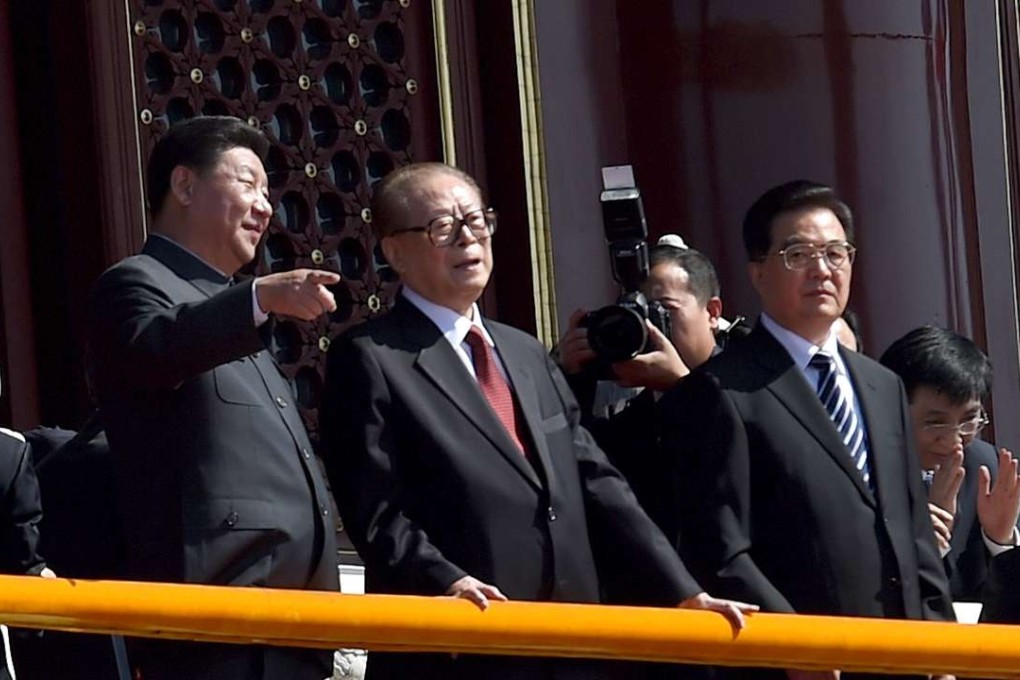Official publication says China needs Mao-like strongman leader, and that Xi fits the bill
Call to elevate president’s status comes ahead of crucial meeting of top leaders

China needs a strongman leader of the calibre of Mao Zedong and President Xi Jinping fits the bill, according to a media outlet affiliated to the Communist Party.
Analysts said the call was an attempt to raise Xi’s status to the equivalent of the “Great Leader”.
The exhortation was made by Peoples’ Tribune, which is affiliated with party organ People’s Daily and came just ahead of a key meeting of top officials this week to lay the groundwork for the leadership reshuffle next year.
The article, published on October 18, also echoed praise from senior politicians earlier this year, calling for Xi to be named “the core” of the party leadership – a term that carries strong political meaning.